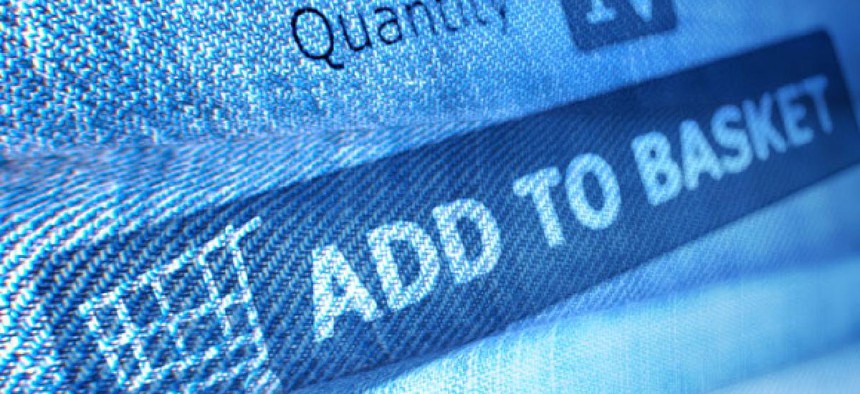Coalition launched to oppose Internet sales tax legislation

JMiks/Shutterstock.com
Online business are forming group to counter lobbying efforts.
Hoping to counter the lobbying heft of major retailers such as Wal-Mart and Lowes, hundreds of small online businesses are launching a new coalition to oppose legislation that would require online retailers to collect sales taxes from their out-of-state customers.
The WE R HERE coalition, which stands for Web Enabled Retailers Helping Expand Retail Employment, argues that proposed legislation to require online retailers to collect sales taxes from out-of-state customers would impose a huge burden on small online businesses by requiring them to comply with the tax rules of thousands of jurisdictions.
"There is no technology that can make having to report to [thousands] of tax jurisdictions easy. That will stop innovation in its tracks," Joe Cortese, owner of the New Hampshire-based online coin and stamp seller Noblespirit, said during a webcast to announce the coalition's launch.
The coalition is being led by former TechAmerica CEO Phil Bond, a former Commerce Department official during the Bush administration who has worked for other tech groups. Among the coalition's most prominent members is eBay, which has been critical of Internet sales-tax legislation. Many of the group's other members are small sellers that offer their products through eBay's online marketplace.
Brian Bieron, eBay's senior director of federal government affairs, said in a statement that the company is backing the coalition "because we believe that small business retailers from cities and towns across the country, who are using the Internet to grow their businesses, should tell their story so that people know who they are and how they are contributing growth, jobs and innovation to the economy." The online firm argues that if Congress does pass Internet sales-tax legislation, it must include a sizable small-business exemption set by the Small Business Administration.
The new coalition will be going up against the lobbying might of a group of major brick-and-click retailers that have been lobbying Congress for years to close a loophole created by a 1992 Supreme Court decision. InQuill v. North Dakota, the high court ruled that states can't force retailers to collect sales taxes from customers who live in states where those companies have no store or other physical presence.
States and retailers who operate both brick-and-mortar and online stores argue that the ruling has given online retailers an unfair advantage and has cost states billions of dollars in lost tax revenues. Bipartisan bills have been introduced in both the House and Senate that would close this loophole.
Sens. Michael Enzi, R-Wyo., Dick Durbin, D-Ill., and Lamar Alexander, R-Tenn., have indicated that they will be looking for any possible legislative vehicle to move their bill this year either in the remaining days of the current session or during a lame-duck session after the November election.
Both sides argue that their goal is to protect small retailers. In response to the new group's launch, the Alliance for Main Street, a coalition that includes major retailers such as Wal-Mart and Best Buy, issued a news release with statements from small business owners who favor legislation as a means of leveling the playing field.
"We need to level the playing field for all retailers, including those who sell through eBay. No retailer should have a government sanctioned leg up over another," Peter Sides, president of the Robert M. Sides Family Music Center, said in the statement.
(Image via JMiks/Shutterstock.com)
NEXT STORY: Benghazi Attack Brings Online Gamers Together





